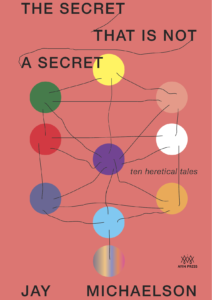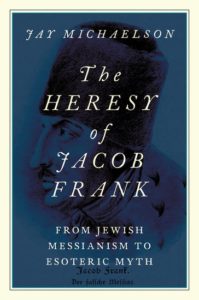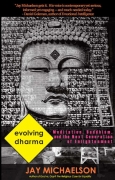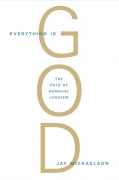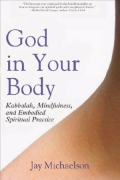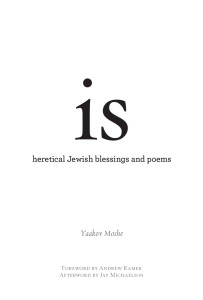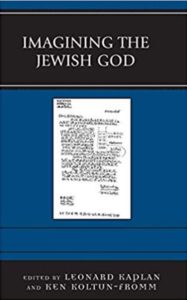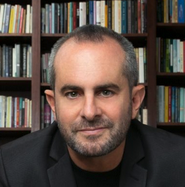Scholar in Residence: Beth Israel Center, Madison, WI
at Beth Israel Center
1406 Mound Street
Madison, WI
More Info / Registration
Jay Michaelson will be the scholar in residence at the Beth Israel Center of Madison, the weekend of December 2-4, 2011. Â Jay will teach on the following subjects:
Friday night:Â Finding your progressive voice in the Bible
Biblical text can, and has, been used to justify every political position one can imagine: liberal, conservative, capitalist, communist, pro-life, pro-choice, pro-death penalty, anti-death penalty, pro-gay, anti-gay, pro-peace, pro-war — name the issue, take a side, and a Biblical text can be found to back you up. How, then, are progressives to proceed? Do we just pick “our” verses, ignore ‘their” verses, and claim that God is on our side? Or are their historically and critically informed ways we can use sacred text with integrity in our political and ethical debates?
Saturday morning:Â Respectable Spirituality
Is it possible to get serious about ‘spirituality”? For some, the word expresses the essence of religious practice and one of the greatest joys of being human. For others, it connotes a narcissistic, deluded feel-good for the privileged and weak-minded. My claim is that spiritual ‘excellence’ is as important as intellectual, physical, and ethical varieties — and that we fail to even define it at our peril. Today we’ll look at the purposes and varieties of spiritual practice; distinguish spirituality from religion, hedonism, and personal growth; discuss some of the distinctive marks of _Jewish_ spirituality, and make the case for serious spirituality.
Saturday afternoon: Â Getting “Serious” About Your Meditation Practice: How to do it, why to do it, and where you can go with it
Time to put theory into practice. Jews of all denominational stripes have taken up meditation as a way to relieve stress, enrich their Jewish lives, and even have powerful spiritual or psychological experiences. But some people still claim they can’t do it, or aren’t the ‘spiritual” type. In this practical workshop, we will debunk the myths and learn how to begin and sustain a meaningful meditation practice. What should a “Jewish” meditation practice look like? Is it possible to practice meditation amid a hectic life — and with a busy, analytical, perhaps even skeptical mind? Do you have to be ‘spiritual” to meditate? How is meditation understood by contemporary cognitive neuroscience? (Hint: it has to do with neuroplasticity in the pre-frontal cortex.) What, if anything, can we expect of meditation practice? All this and more, plus silence.
Sunday: Â iSpirituality: Or, How I Learned to Stop Worrying and Love 21st Century Judaism
Traditional Jewish institutions are in trouble. Denominations are going broke, federations are struggling to retain relevance, and the old model of the synagogue is increasingly being questioned. Is this the end of the Jewish world, or the beginning? As someone who has been at the center of the post-whatever, independent/DIY Judaism phenomenon for a decade, I think it’s both: a moment of great peril and great opportunity. Particuarly among younger, educated Jews, there is a renaissance underway of new Jewish culture, spirituality, and identity. Transcending conventional movements, ideologies, and labels, young Jews are congregating on their own for prayer, spiritual practice, and cultural activities. They are mixing and matching from different religions and cultures, and are no longer quite as enchanted with the Holy Trinity of antisemitism, Israel, and the Holocaust. Best of all, there is a lot that all of us (even those of us who like synagogues and denominations) can learn from this new, postmodern American Judaism — in our congregations, our homes, and our lives together.
